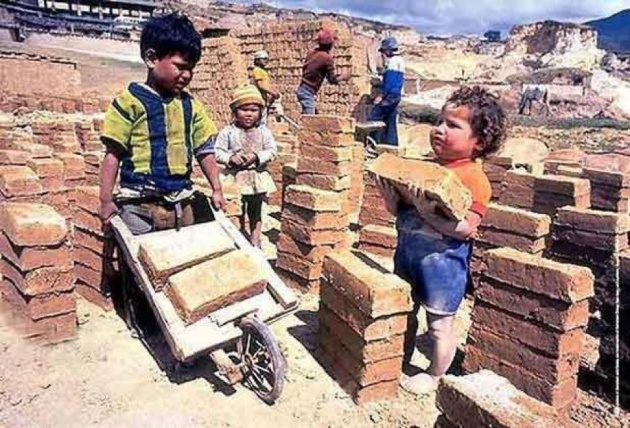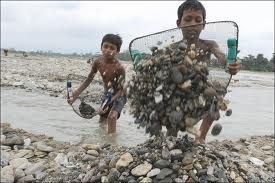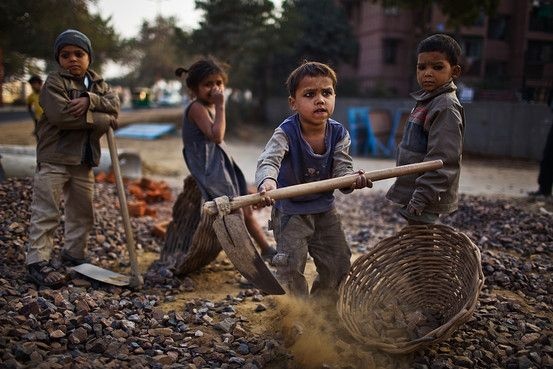Once there was Eleven-year-old Peter is woken up at four in the morning by his father, Don José. He does not go to school, but goes to collect curiles, small molluscs in the mangrove swamps on the island of Espiritu Santo in Usulutan, ElSalvador.
In the rush to get to work, Peter does not take time to eat breakfast. It is more important to make sure he has the things he needs to make it through a workday that can mean spending up to 14 hours in the mud. These items include about a dozen cigars and at least four pills to keep her from falling asleep.

A good part of the money that he earns goes to buy these things. In the mangrove swamp without shoes, Peter has to face bad weather, mosquito bites and cuts and scrapes from having to pull the curiles out from deep in the mud. The cigars help to repel the mosquitoes, but when he runs out of cigars Peter has to put up with the insects as he moves from branch to branch and from one area to another in search of shells.
When he returns from work, his body is nearly always covered with bites. He earns very little. If he is lucky in one day Peter manages to collect two baskets of curiles (150 shells), worth little more than 12 colones, or $1.40. Peter, who has seven younger brothers and sisters, has no time to go to school or play with other children.

Anyway, he prefers not to play with other children because they say he smells bad and exclude his from their games for being a curiles worker. Little by little Peter has lost his self-esteem. Like the other children who work collecting curiles, he feels separate from the rest of society. For Peter, life seems like a tunnel with no exit.

The solution from Peter to the society is to create a minimum family income. Many families need child labor or they wind up putting their kids out on the streets or selling them in order to survive. If we can help these families come out of poverty and get a steady money income, more and more children won't have to work in these types of conditions. However we must consider the fact that the government would be the one who has to support this system, and they may not be as enthusiastic about supporting such an idea. They may not even have the capability to do so especially if it is a developing country.



